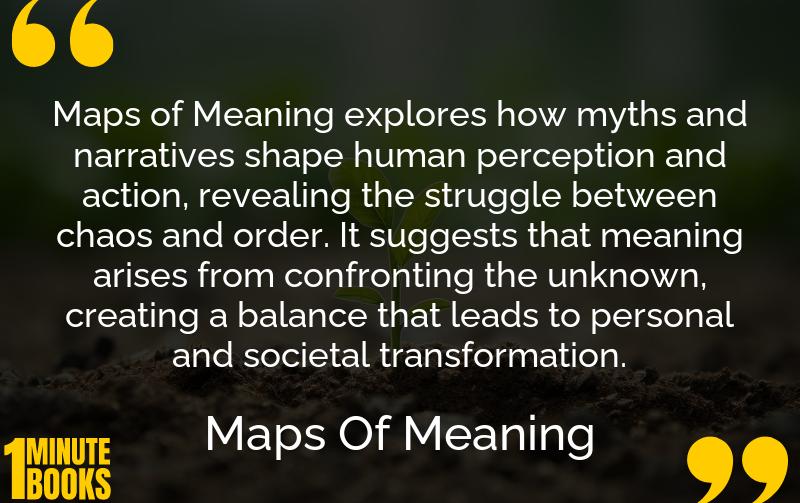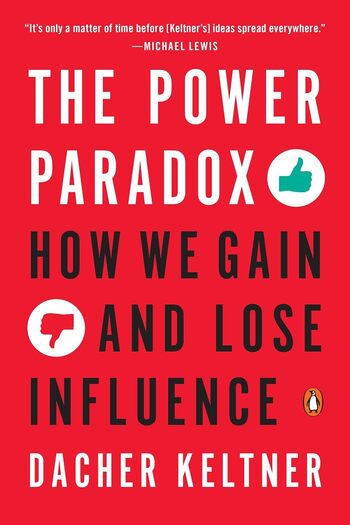
Maps of Meaning by Jordan Peterson explores the psychological significance of myths and the development of individual and societal belief systems. It delves into how these structures allow humanity to navigate chaos and order.
Main Lessons
- Enlightenment values are rooted in deeper metaphors, rituals, and dramas beyond just science.
- Hierarchical structures in societies are complex and not solely based on power.
- Cultural evolution is influenced by historical and shared motivations and emotions.
- Successful societies balance tradition with innovation to maintain stability.
- Ethical systems are validated through practical application and emotional responses.
- Children’s play teaches valuable lessons about societal rules and cooperation.
- Religious narratives often model societal structures and can underpin philosophical systems.
- The concept of heroes across different cultures represents universal values and virtues.
- Societies thrive when individuals’ needs and emotions are considered over time.
- Adaptive structures in human societies result in common patterns and mythologies.
- The Enlightenment was a culmination of centuries of evolving cultural practices and ideas.
- Monotheistic religions often consolidate numerous cultural hero archetypes.
- Successful hierarchies depend on cooperation beyond mere dominant power dynamics.
- Literature and drama serve as mechanisms for transmitting cultural values and morals.
- Philosophy emerges from mapping and analyzing these cultural and dramatic codes.








